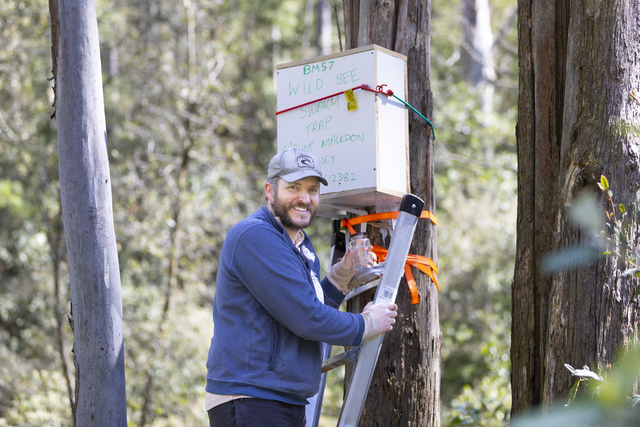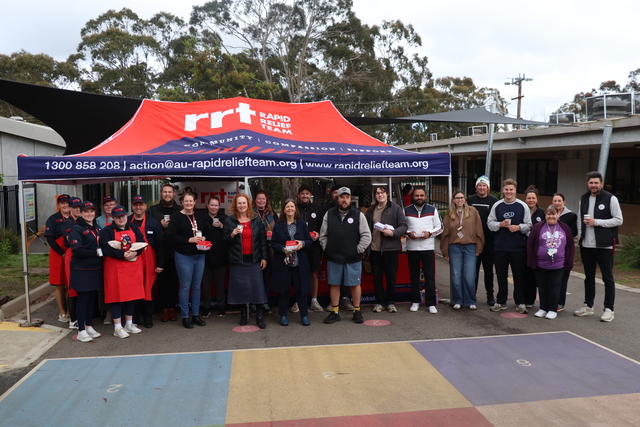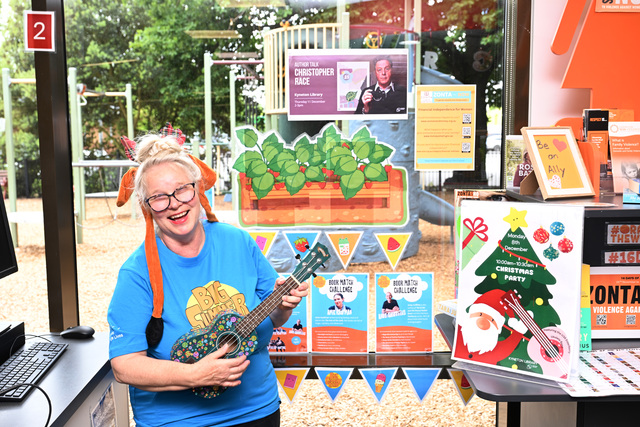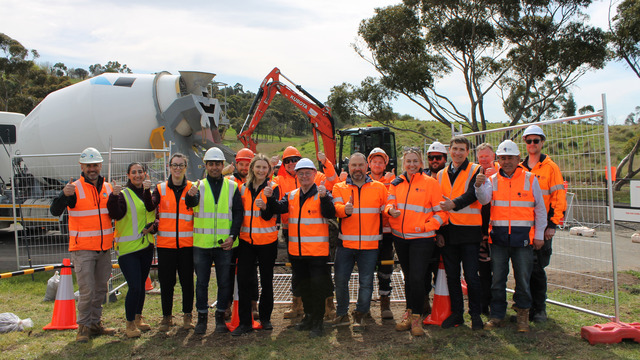A Macedon Ranges beekeeper is calling for increased communication between keepers and the wider public, in an effort to protect the environment and prevent the spread of disease.
As bee swarming increases with the arrival of warmer weather, Mount Macedon Honey owner and beekeeper Mark said Macedon Ranges beekeepers are using community Facebook groups to locate feral colonies and swarms on resident’s properties.
He said this is proving to be an important tool in quickly locating feral colonies, which pose a risk to native bees and fauna around Sunbury and the Macedon Ranges.
“You’ve got these beautiful big gum trees and these beautiful nooks and crannies where owls and some of the other native animals really love to use as nesting places or places to shelter,” he said.
“Even managed colonies can present a risk to native pollinators, but they also present a significant risk to competition for nesting spaces and shelter spots for our native animals.”
To combat this, he said that local beekeepers have been relying on community Facebook groups to receive information from residents about feral colonies and swarms on their properties, but feels that more accessible tools are needed.
“One of the challenges we’re noticing is a lot of the Facebook communities … around the Macedon Ranges are private locked down communities,” he said.
“Lowering our bar of entry speeds up the reporting to reaction time. And with honey bees, particularly when they’re swarming … the quicker we can get the public reporting these things, and the quicker a beekeeper can self deploy or self coordinate directly with that person reporting it is probably the best bet.”
Mark said that Agriculture Victoria have been helpful in educating beekeepers and have developed swarm reporting platforms such as BeeMAX and a feral colony reporting system for the agency’s database, but he would like to see an initiative that links keepers and the wider public in a more accessible way.
Mark said that this could involve council-led programs or public education campaigns.
“Pollinator week is a really great time to get together and push that message … swarms are natural, but … it’s really good if we can pick those swarms up and [put] those feral colonies under management,” he said.
Mark said managing feral bee colonies can prevent the spread of diseases, including the highly destructive American Foulbroood bacterial disease that requires euthanasing and sterilising a colony.
“The challenge of tracking feral bees is really hard … it feels like a drop in the ocean what we’re doing,” he said.
“But, maybe if we start dropping in the ocean and other people start dropping in the ocean, we can start to change the colour of that ocean from a murky grey colour to a really clear picture – even if it is just within our own council area”.
Agriculture Victoria and Macedon Ranges were contacted for comment.
Macedon Ranges was unable to comment due to the local council election caretaker period







